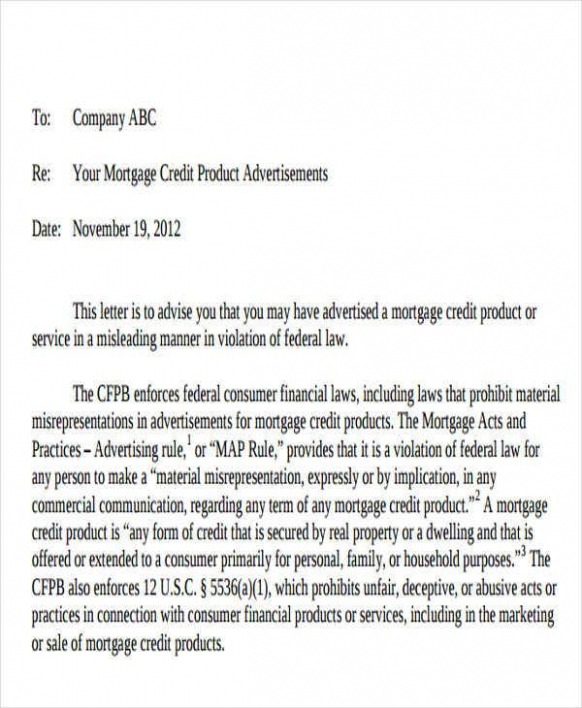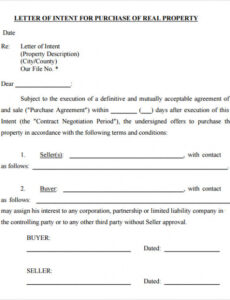Mortgage Offer Letter Template Taxpayers experiencing tax financial obligation issues hardly ever contrast the internal revenue service offer in concession with the Phase 13 insolvency. Regularly, the Phase 13 will certainly provide a more specific remedy for the taxpayer to resolve tax obligation financial obligation. This write-up analyzes the family member benefits of both the deal in concession and Chapter 13.

An offer in concession might be the most marketed tax remedy. You can not listen to radio or watch television without being pestered by advertisements to settle your tax financial obligation. Typically the ads proclaim that the internal revenue service has actually announced that compassion in the collection of the tax obligation financial debt exists for a limited time. The depressing reality is that the kindness news by the internal revenue service was often for other issue location, such as tax obligation shelters. The internal revenue service denies approximately 85 percent of all offers in compromise submitted as a result of doubt regarding collectibility. Offers in compromise are typically submitted due to the fact that the taxpayer thinks the tax financial obligation can not be paid, Uncertainty regarding Collectibility is one of the most usual sort of deal in compromise. Various other types of offers in concession are outside the range of this article.
The advantage of the offer in compromise is that the tax obligation responsibilities, consisting of the relevant penalties as well as passion, are minimized to the amount the internal revenue service as well as the taxpayer agree can be paid. Both parties need to consent to the terms of the offer in compromise. The deal in concession is a contract in between the internal revenue service and the taxpayer. The regards to the contract can be enforced against the taxpayer along with the IRS.

Approval of the deal in compromise occurs when the IRS believes that the deal is at least as high as could be accumulated by the IRS over the one decade life of the statute of restrictions. The IRS will reject an deal that is for a minimal quantity than it can or else gather.
The IRS utilizes a uniform collection of financial criteria that are not versatile in both the evaluation of the quantity paid monthly in an installment contract and in an deal in concession. These requirements restrict the expenditures for living that the taxpayer can declare are needed for living. The requirements include food, real estate and energies, transport, and also out of pocket wellness expense. The criteria may trigger radical troubles for a taxpayer with a reasonably higher standard of life. Business expenses are not influenced by the requirements.
The analysis of the minimum offer in compromise that will make the offer processable is the equity in the taxpayer’s possessions plus the amount that could be paid in an installation agreement over a specified period of time. The duration of the future month-to-month settlements thought about by the IRS depends upon exactly how the deal will certainly be paid by the taxpayer. The IRS desires 48 months of month-to-month settlement if the taxpayer uses a lump sum. The IRS desires 60 months of monthly repayment if the deal is to be paid in a short term arrangement of 2 years or less. Nevertheless, the IRS will think about factual problems such as retired life and also health and wellness of the taxpayer in reducing the period of the multiplier.


